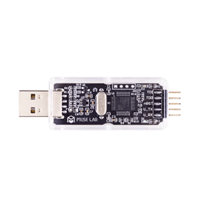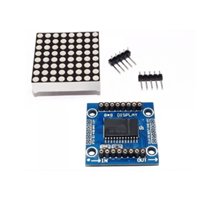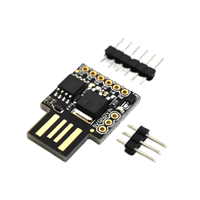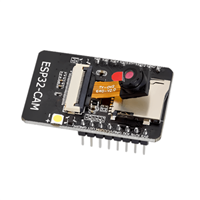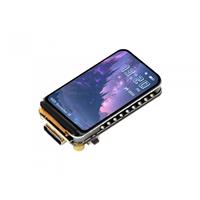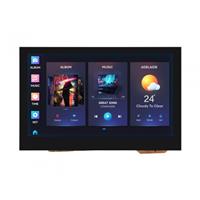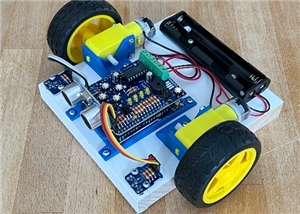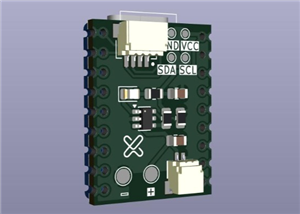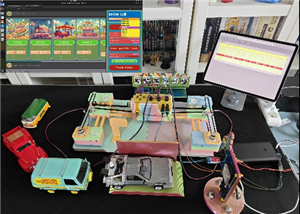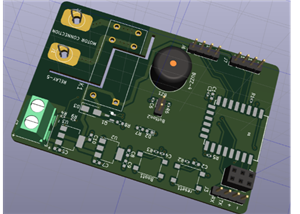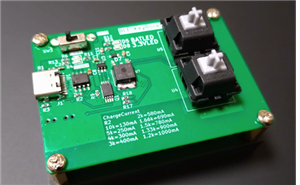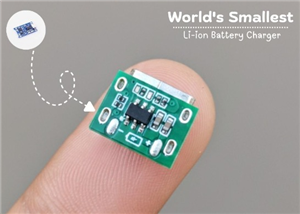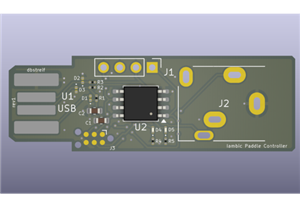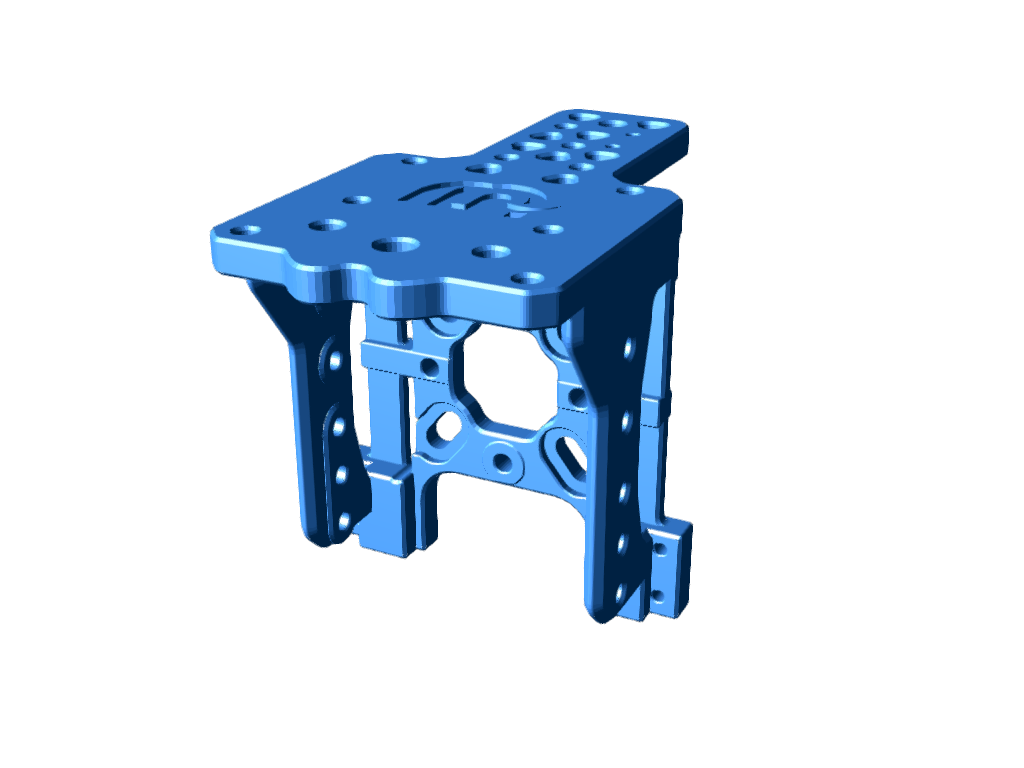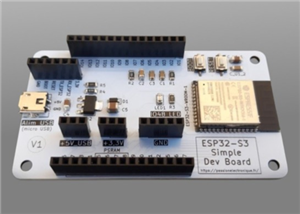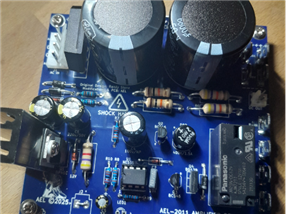
|
KiCad 8.0KiCad
|
|

|
MPLAB X IDEMicrochip Technology
|
USB VSense
USB VSense is a voltage indicator designed to provide insight into USB-powered devices quickly and simply. USB VSense works by giving you an unambiguous visual indication of the USB voltage mode with the help of illuminated, individually color-coded, and clearly labeled lights, one for each USB Power Delivery fixed voltage mode, up to and including the latest 48 V and 5 A Extended Power Range (EPR) specs.
It was also designed to be easy to repair and modify, featuring a stacked PCB "Oreo" construction; the entire device is made of PCBs. That means you can modify its appearance without a 3D printer, and its elegant design uses only four screws. With its open firmware, you’ll be able to make adjustments to add different blinking patterns or change the voltages if you desire.
Features & Specifications
Fully capable of the latest USB PD EPR specifications (48 V, 5 A, 240 W)
A wide operational and measurement range of 4.5 V to 51 V
Individual color-coded indicators for each fixed voltage level:
5 V (red)
9 V (orange)
12 V (yellow)
15 V (green)
20 V (lime)
28 V (blue)
36 V (purple)
48 V (white)
Distinct alerts show > 5% and > 10% deviations from the fixed voltages. This feature is also helpful in approximating PPS voltages
Passthrough for USB 2.0 data, CC, and SBUS lines
Ultra-low power consumption, less than six mA of current drawn by the device (absolute maximum under regular operation)
ATtiny 406’s 10-bit ADC with 4.3 V internal voltage reference provides stable measurements of up to 22 mV resolution for voltages below 20 V and 49 mV for voltages between 20 V and 51 V
Stacked PCB construction with high-quality parts built to last:
Automotive grade LDO from Microchip (+70 V absolute max input voltage with ESD protection)
Kingbright low-current LEDs
JAE USB Type-C connectors rated for 48 V and 5 A
56 x 18.5 x 5.6 mm (2.28 x 0.73 x 0.22 in)
USB VSense
*PCBWay community is a sharing platform. We are not responsible for any design issues and parameter issues (board thickness, surface finish, etc.) you choose.

- ✖ | No sharing or redistributing in any way of the 3D files or derivatives
- ✖ | No remixing
- ✖ | Non-commercial Use (only for personal use)
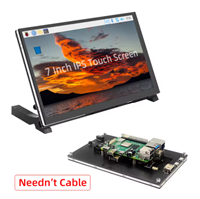
Raspberry Pi 5 7 Inch Touch Screen IPS 1024x600 HD LCD HDMI-compatible Display for RPI 4B 3B+ OPI 5 AIDA64 PC Secondary Screen(Without Speaker)
BUY NOW- Comments(2)
- Likes(1)
-
 Electronic Adam
Apr 20,2025
Electronic Adam
Apr 20,2025
- 0 USER VOTES
- YOUR VOTE 0.00 0.00
- 1
- 2
- 3
- 4
- 5
- 6
- 7
- 8
- 9
- 10
- 1
- 2
- 3
- 4
- 5
- 6
- 7
- 8
- 9
- 10
- 1
- 2
- 3
- 4
- 5
- 6
- 7
- 8
- 9
- 10
- 1
- 2
- 3
- 4
- 5
- 6
- 7
- 8
- 9
- 10
 More by Sparsh Bhonwal
More by Sparsh Bhonwal
-
ARPS-2 – Arduino-Compatible Robot Project Shield for Arduino UNO
536 0 0 -
A Compact Charging Breakout Board For Waveshare ESP32-C3
981 3 6 -
AI-driven LoRa & LLM-enabled Kiosk & Food Delivery System
869 2 0 -
-
-
-
ESP32-C3 BLE Keyboard - Battery Powered with USB-C Charging
1141 0 1 -
-
mammoth-3D SLM Voron Toolhead – Manual Drill & Tap Edition
973 0 1 -
-
AEL-2011 Power Supply Module
1734 0 2




















